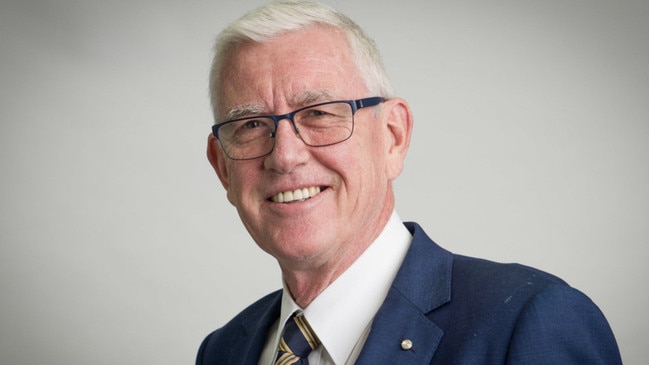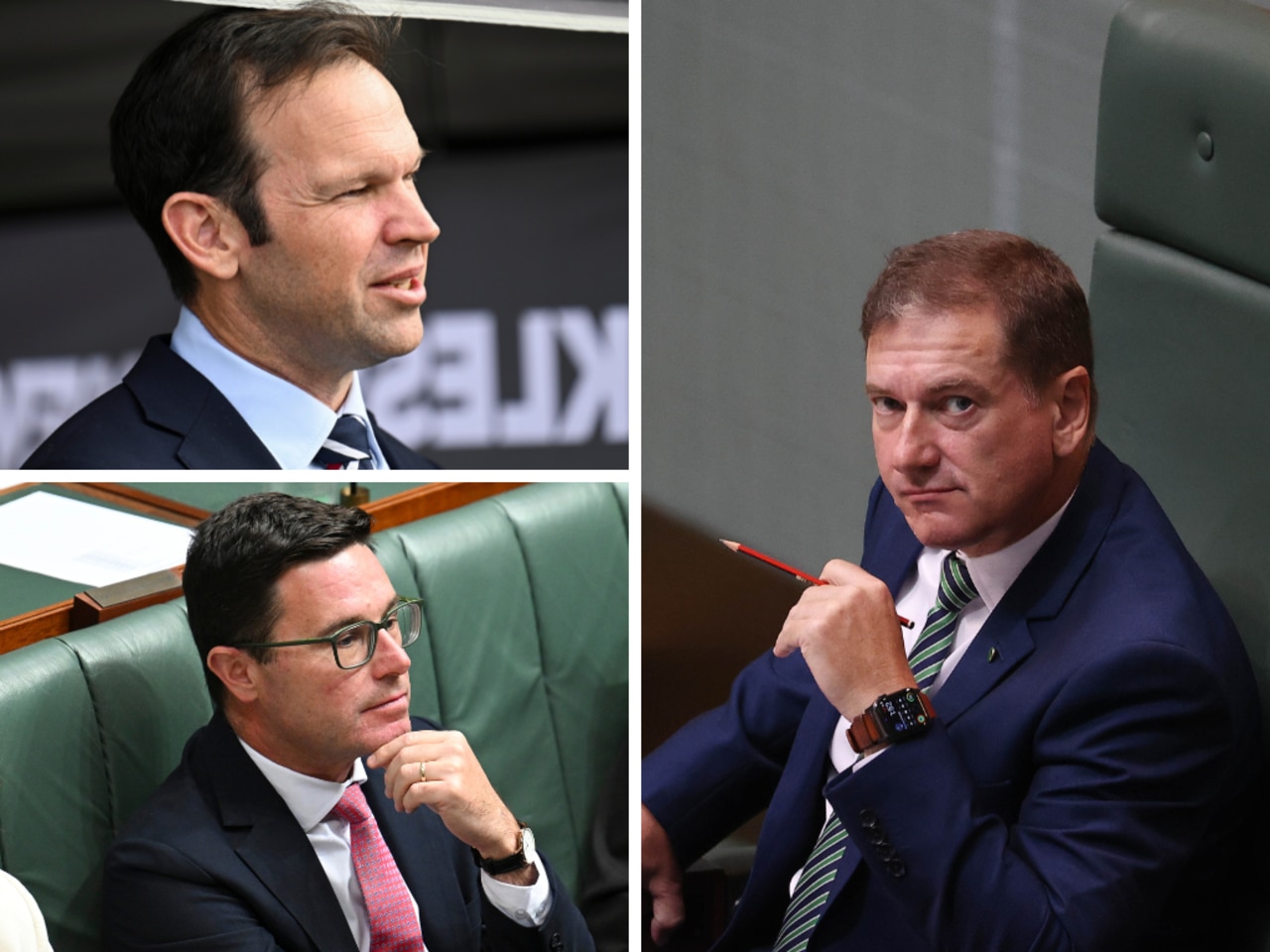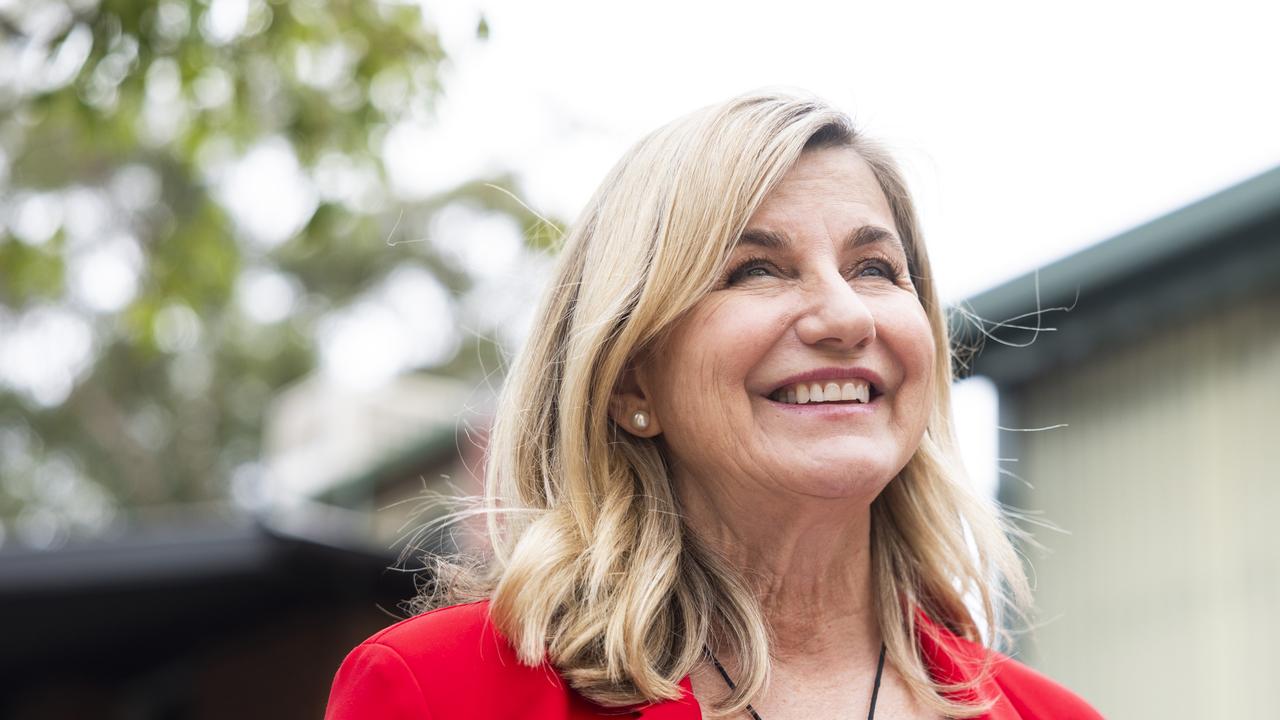Tax us for care, not for profits
Australians will accept an income levy to pay for better aged care ‘if the money goes into services, not the pockets of providers’.

Australians will accept a levy on their income to pay for better-quality aged care provided the money goes into services and not the pockets of providers.
National Seniors chief advocate Ian Henschke said working-age Australians, including younger generations, were open to the idea of paying more tax for better aged care, one of the key recommendations of the aged-care royal commission’s final report released on Monday.
“I think Australians are less selfish than they are given credit for. They believe our older people deserve better,” he said.
“They know people in aged care have contributed to the growth of this nation. They built the Snowy Hydro, they worked in hospitals, schools, on farms and in factories. I don’t believe they are seen as a financial burden.
“We are happy to pay extra but the government has to ensure the money goes to improving the system and not just lining the pockets of directors and shareholders of aged-care facilities.”
The commission’s final report, which recommends sweeping changes to the system in Australia, including an entirely new Aged Care Act, cites research on the willingness of Australians to pay more for aged care.
A Flinders University study from 2020 found most Australians viewed aged care as a “vital social service” and were, on average, willing to pay up to an additional 3.1 per cent income tax per year to ensure all Australians have access to high-quality care.
Australia currently spends 1.2 per cent of GDP on aged care compared to 2.5 per cent in similar developed countries.
Sean Rooney, chief executive of provider group Leading Age Services Australia, said the royal commission had “held a mirror to the country that revealed society had been ambivalent to the needs of older Australians”.
“The commission reminds us of the need to value them and, pleasingly, their research showed we were overwhelmingly prepared to pay more to fund quality aged care,” Mr Rooney said.
“Younger Australians accept the need to pay Medicare to support a universal health system, even though they require less support than older people … The principle of universal care in health is well established, so let’s extend that to older Australians for aged care.”
The commission’s eight-volume final report provides both a damning indictment of Australia’s system and a comprehensive series of recommended reforms.
The 148 recommendations include ways to improve both in-home and residential care, workforce training, minimum hours of nursing home care and governance of care providers.
On financing to ensure higher-quality aged care commissioners Tony Pagone and Lynelle Briggs had different views.
Commissioner Briggs proposed a 1 per cent levy on income tax, with money to go to an Aged Care Improvement Fund. Commissioner Pagone suggested the Productivity Commission explore a hypothecated levy for aged-care costs that some modelling suggested could reach 5 per cent for those on higher incomes.
Recognising the overwhelming preference of people to remain in their own homes, and bring services in rather than going into a nursing home, the commission recommended the government clear the 100,000 people waiting for a homecare package by the end of the year.
“That timetable is ambitious, but if you are one of the 100,000 on the homecare waiting list you’d be looking for the system to deliver,” Mr Rooney said.




To join the conversation, please log in. Don't have an account? Register
Join the conversation, you are commenting as Logout